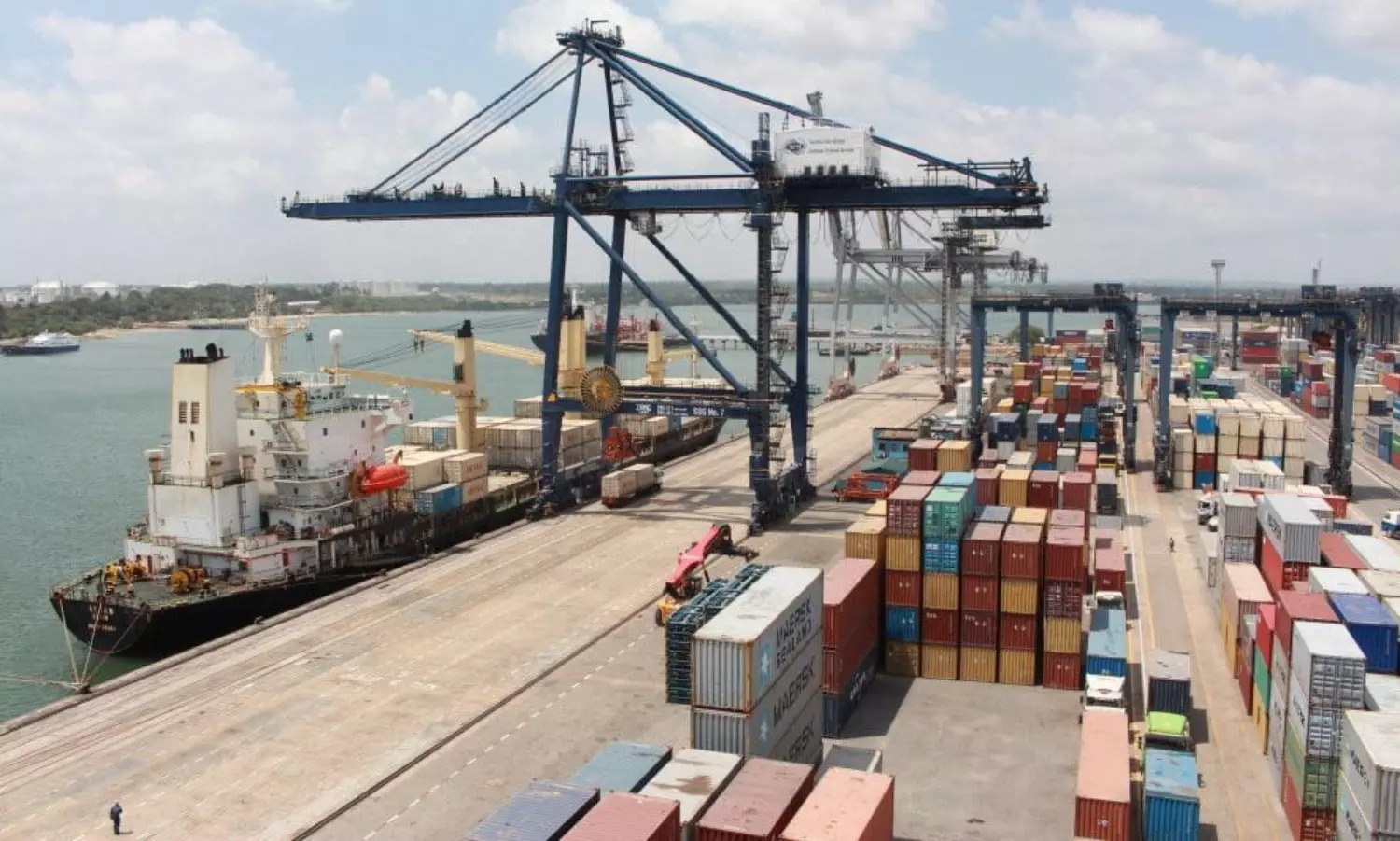Nigerian economy slips into recession

Shoppers at an open air market in Nigeria. PHOTO | BBC
What you need to know:
The price of oil has fallen from highs of about $112 a barrel in 2014 to below $50 at the moment.
Lagos. (NMG) Nigeria has slipped into recession, with the latest growth figures showing the economy contracted by 2.06 per cent between April and June.
The country has now seen two consecutive quarters of declining growth, the usual definition of recession.
Its vital oil industry has been hit by weaker global prices, according to the Nigerian Bureau of Statistics (NBS).
Crude oil sales account for 70 per cent of government income.
The price of oil has fallen from highs of about $112 a barrel in 2014 to below $50 at the moment.
Outside the oil industry, the figures show the fall in the Nigerian currency, the naira, has hurt the economy. It was allowed to float freely in June to help kick-start the economy, but critics argued it should have been done earlier.
Nigeria, which vies with South Africa for the mantle of Africa's biggest economy, is also battling an inflation rate at an 11-year high of 17.1 per cent in July.
"A lot of Nigeria's current predicament could have been avoided," said Kevin Daly from Aberdeen Asset Management.
"The country is so reliant on oil precisely because its leaders haven't diversified the economy.
"More recently, they have tried, and failed, to prop up the naira, which has had a ruinous effect on the country's foreign exchange reserves and any reputation it might have had of being fiscally responsible."



